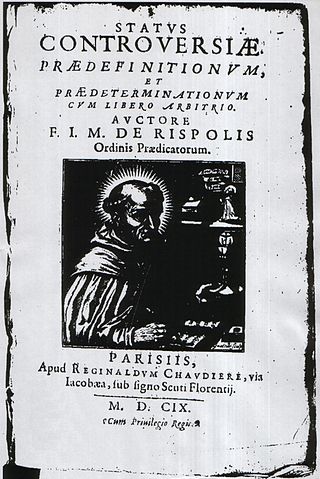
Philosophy in Malta refers to the philosophy of Maltese nationals or those of Maltese descent, whether living in Malta or abroad, whether writing in their native Maltese language or in a foreign language. Though Malta is not more than a tiny European island in the middle of the Mediterranean Sea, for the last six centuries its very small population happened to come in close contact with some of Europe's main political, academic and intellectual movements. Philosophy was among the interests fostered by its academics and intellectuals.
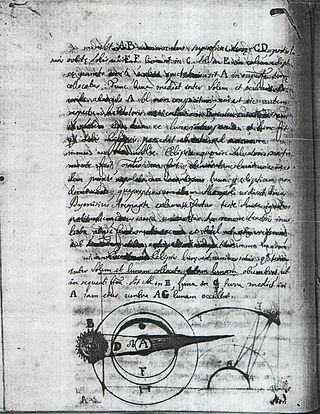
Henry Regnand was a minor Maltese philosopher who specialised mainly in logic and metaphysics.
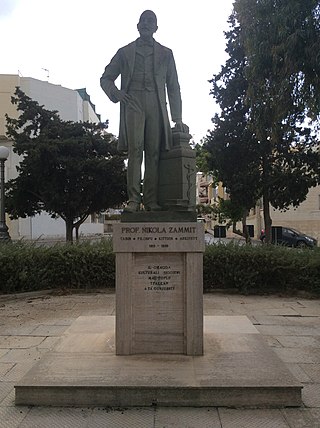
Nicholas Zammit (1815–1899) was a Maltese medical doctor, an architect, an artistic designer, and a major philosopher. His area of specialisation in philosophy was chiefly ethics. Throughout his philosophical career he did not adhere to just one intellectual position. Roughly two-thirds into his life, Zammit passed from a liberal way of thinking to a conservative one. This does not mean that there are no carry-overs, developments, or continuations between the two phases, or that Zammit himself acknowledged such a division. Notwithstanding, the development suggests that an analysis of Zammit's works will reveal different attitudes, dispositions, emphasis, and conclusions of the two periods.
Nazzareno Camilleri (1906–1973) was a Maltese philosopher, theologian, and mystic. His areas of specialisation in philosophy were chiefly metaphysics and pedagogy.
Kenneth Wain is a major Maltese philosopher and educator. His areas of specialisation in philosophy are chiefly education, ethics, political philosophy.

Gaetanus Matthew Perez was a minor Maltese philosopher. His area of specialisation in philosophy was chiefly ethics. No portrait of Perez is known to exist so far.
Francis Saviour Farrugia was a minor Maltese philosopher, doctor of law, and legislator. He specialised in jurisprudence.
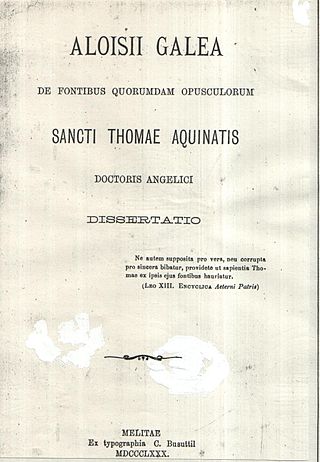
Aloisio Galea (1851–1905) was a Maltese theologian and minor philosopher. He specialised mostly in moral philosophy.

Peter Paul Borg (1843–1934) was a Maltese theologian, canonist and minor philosopher. He was mostly interested in the philosophy of law.
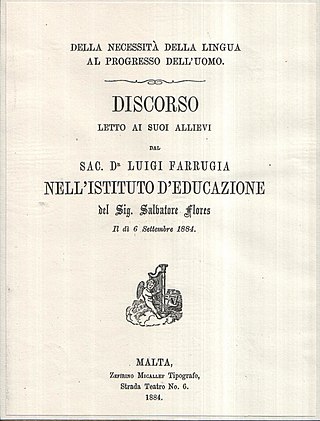
Louis Farrugia (1857–1933) was a Maltese theologian and minor philosopher. In philosophy he was mostly interested in Scholasticism and literature. No portrait of him has been identified up till now.
John Formosa (1869–1941) was a Maltese theologian, canonist, minor philosopher, and poet. In philosophy he mostly specialised in metaphysics.
Anastastio Cuschieri (1876–1962) was a Maltese poet, politician, and minor philosopher. He held the Chair of Philosophy at the University of Malta (1901–39). In philosophy he was mostly interested in ethics.
Daniel Callus (1888–1965) was a Maltese historian and philosopher. His main interest was in the history of Medieval philosophy.
Albert Busuttil (1891–1956) was a Maltese minor philosopher. In philosophy he was mostly interested in politics and labour rights.
Joseph Sapiano (1911–1985) was a Maltese theologian and minor philosopher. In philosophy he was mostly interested in epistemology. He held the Chair of Philosophy at the University of Malta between 1953 and 1971.
Vincent Riolo is a Maltese philosopher mostly interested and specialised in logic and the philosophy of language.
Emmanuel Agius is a Maltese minor philosopher mostly specialised and interested in ethics.
Anthony Abela (1954–2006) was a major Maltese sociologist. He mostly specialised in values.
Michael Zammit is a Maltese philosopher, specialised in Ancient and Eastern philosophy.

Saviour Montebello (1762–1809) was a Maltese Doctor of Theology, a professor of philosophy at the University of Malta, and a Parish priest of Bormla. After Napoleon took over the Maltese islands in 1798, Montebello took an active part in the resistance of the Maltese against the French around his home-town at Żejtun. Afterwards, when the French Napoleonic forces had been ousted, and the British set up a provisional government in Malta, he was the first to be appointed to the Chair of Philosophy at the University of Malta. He held the office for almost four years, mainly teaching logic and metaphysics. He relinquished the Chair because he was appointed parish priest of Bormla, the last to hold the office under this title because subsequently the parish was promoted to a Collegiate led by Archpriests. He held the office of parish priest for only five years due to his premature death at the age of 46.







